AFS Cultural Diversity Committee Awards 2023 Gerald L. Davis Presence Pathway Awards
The AFS Cultural Diversity Committee is proud to announce the recipients of the inaugural Gerald L. Davis Presence Pathway Award. The Project Pathway provides funding for projects that participate in community scholarship in action, and that keep communities connected, whole, and active.
In memory of folklorist Gerald L. Davis and in partnership with the AFS Cultural Diversity Committee (CDC), the American Folklore Society provides a limited number of grants, ranging from $500 to $2000, to foster the participation, inclusion, and affirmation of persons of color who are invested in community development. Gerald L. Davis was a celebrated folklorist, scholar, and activist whose work centered around the study of African American expressive culture and building African American and African communities and grounded in cultural exchange, research, and development.
2023 Gerald L. Davis Presence Pathway Awards
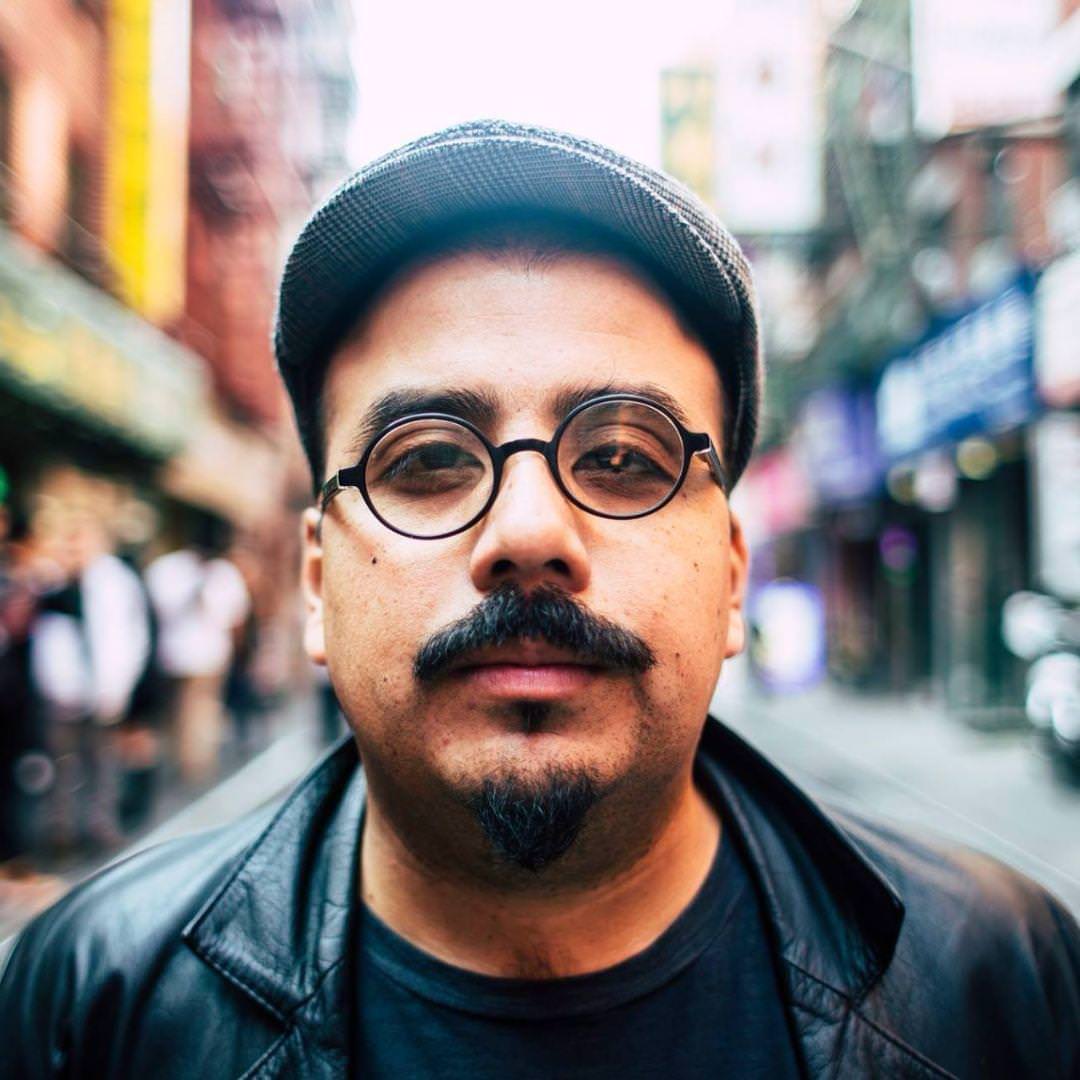
Mauricio Bayona is a freelance photographer and filmmaker and co-founder of Los Herederos, a nationally recognized grassroots media arts & archives organization dedicated to inheriting culture in the digital age. The organization engages in research-based documentation for public consumption to produce projects, programs and services that address the realities of local culture, evolving communities, and an increasingly diasporadical immigrant experience. Mauricio wanted to attend the AFS Annual Meeting in order to share community-based projects rooted in documentary, oral history, and public-folklore methodologies and formats.
Mauricio presented on a media forum titled, Las Culturas del Sur de Ohio Collaboration, sharing episodes from the bilingual podcast produced by Los Herederos. Las Culturas del Sur de Ohio (Cultures of Southern Ohio) is a podcast series that shares oral histories and contemporary lifeways of Guatemalans, Hondurans, Mexicans, Peruvians, Puerto Ricans, Salvadorans, Venezuelans, and individuals from other Latin American countries residing in southern Ohio.
Mary Big-Bull is a member of the Colville Confederated Tribe in Washington State – from Moses, Entiat, and Wenatchi bands and a descendant of the Blackfoot Tribe in Brocket, Alberta, Canada. She is co-founder and co-creator of Wenatchi Wear, local Indigenous authentic threads designed with a purpose, creating awareness & empowering Indigenous Peoples.
Mary is one of four artists whose designs were featured on the cover of the 2023 AFS Annual Meeting commemorative notebooks. While at the Annual Meeting, she and her husband (also co-founder of Wenatchi Wear) hosted a pop-up shop with their merchandise and were available to sign notebooks with their Singing Salmon design.
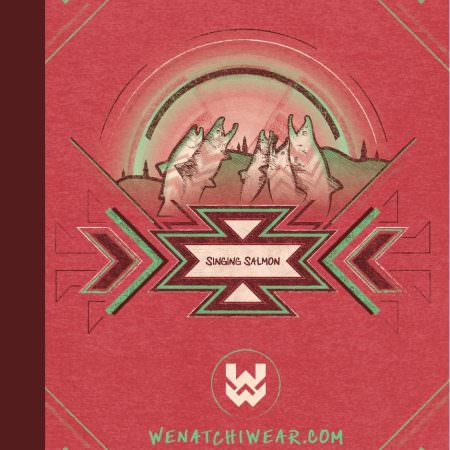
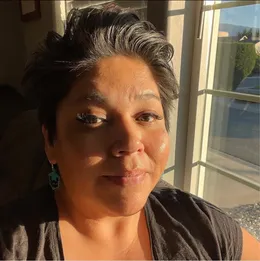
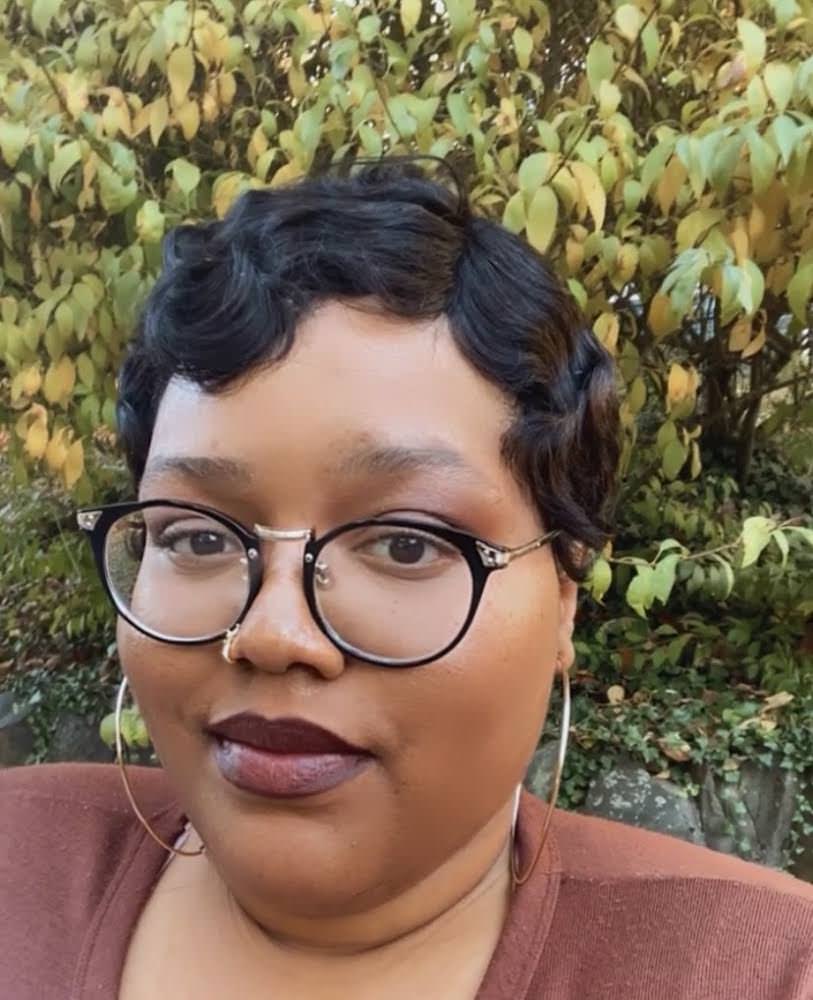
Hess Love, Founder of Chesapeake Conjure Society and Graduate Student at Wilkes University, is an archivist, organizer, and storyteller. Hess wrote that they wanted to attend the AFS Annual Meeting to “forge connections, glean wisdom from seasoned practitioners, and build camaraderie with other emerging folklorists while enriching my knowledge and network.”
While at the Annual Meeting, Hess shared “the renaissance of traditional folk arts within the Hoodoo tradition…[shedding] light on the remarkable resurgence of Hoodoo folklife in Maryland, Virginia, and Delaware, often overshadowed by mainstream discourse.”
Debra J. Robinson of Purple Flower Films is an independent filmmaker. Robinson hosted a screening and discussion sponsored by the Folklore and Disability Working Group of her film Black Women on the Autism Spectrum. Robinson focuses on Black women as the primary subject of her films.
Robinson notes, “African American women often resort to changing persona as subterfuge to survive in society. The shifting or chameleon aspect of black women is an armor to deflect stereotypes, accommodate gender, race, and ethnic differences. The ability to be a changeling also means being able to read people and social situations expertly.”
Robinson also served as the Southeast Coordinator for the Smithsonian Center for Folklife and Cultural Heritage.
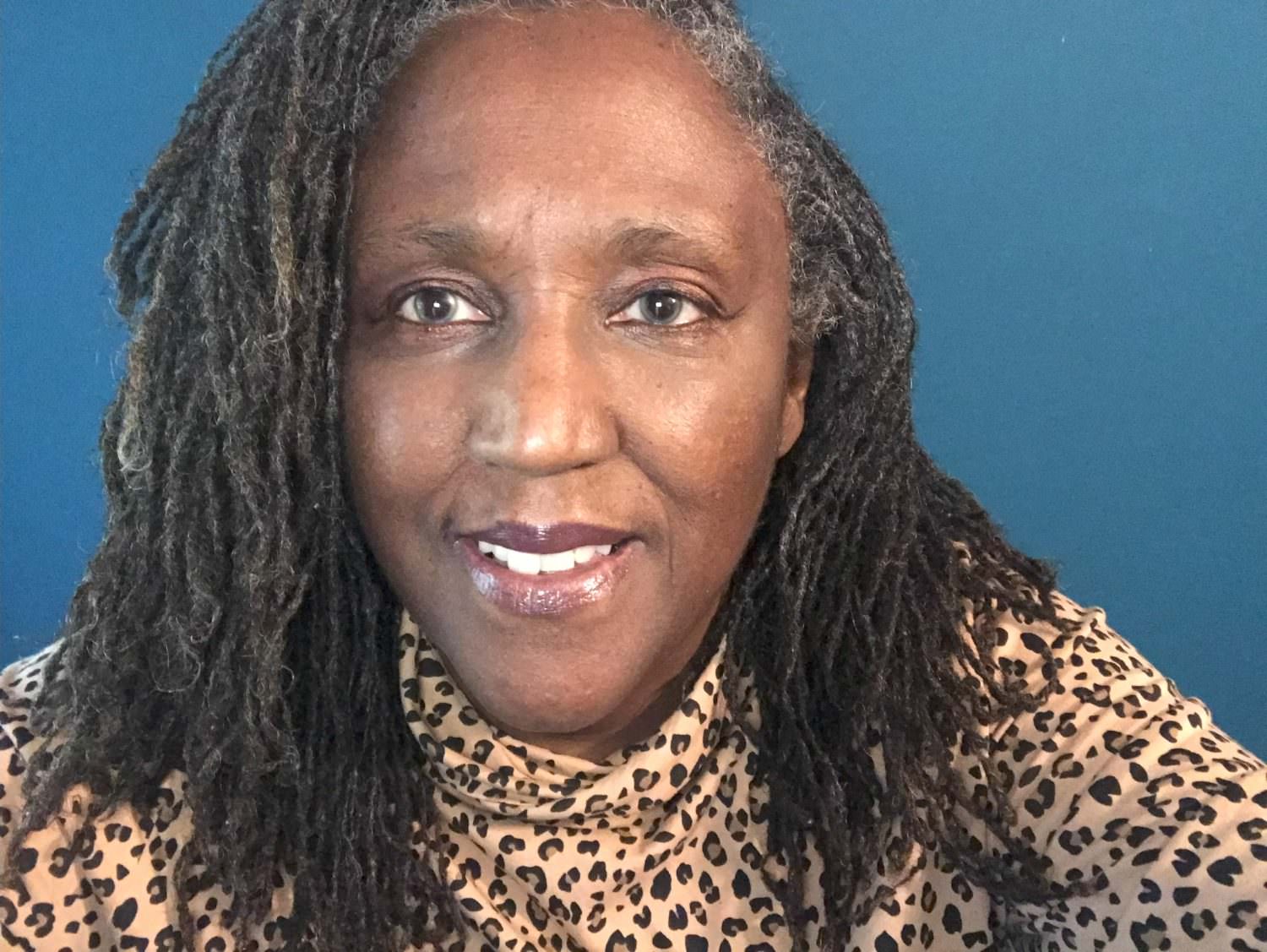
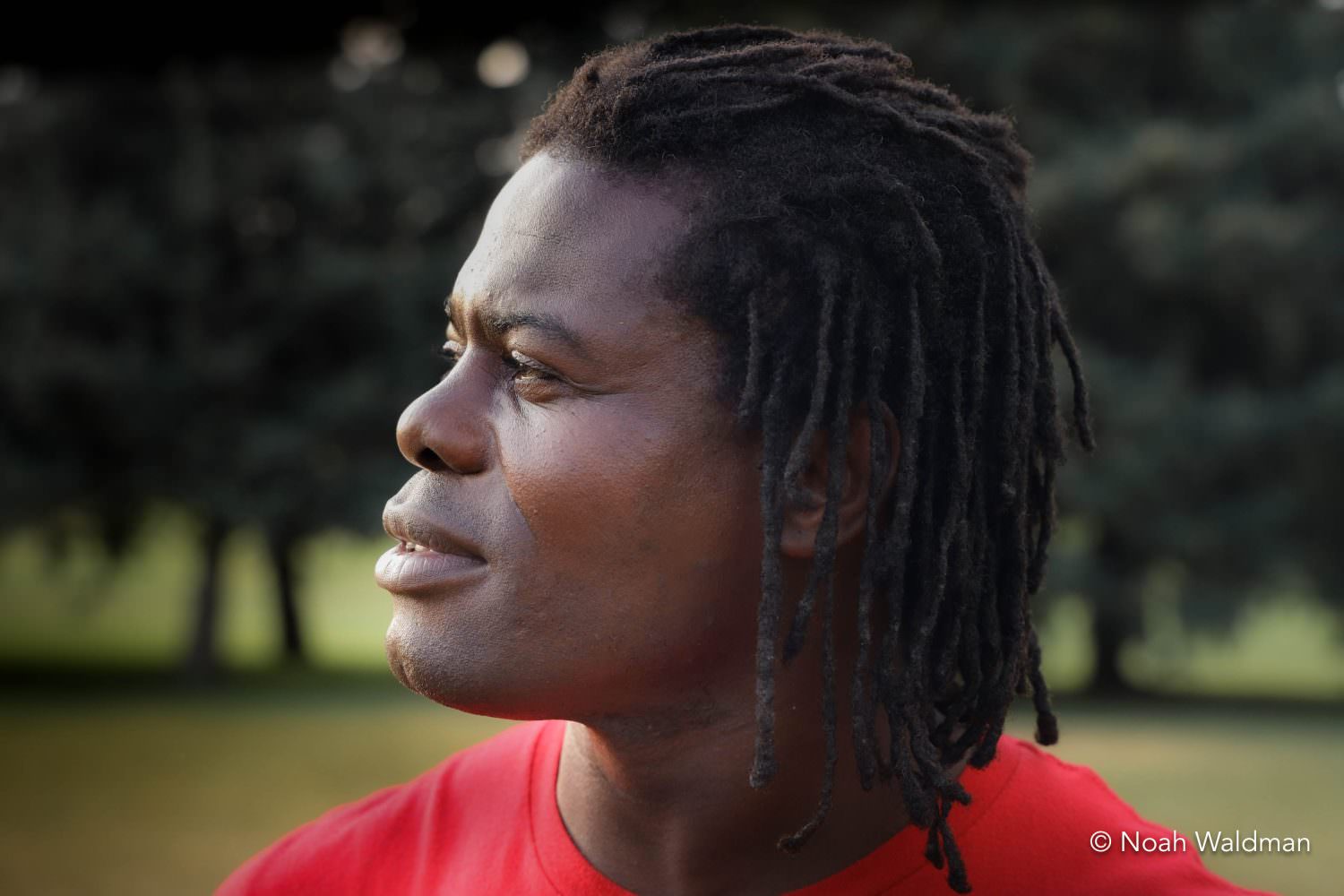
Mestre Jamaika (Mauro Romualdo) is an internationally recognized folk artist, arts educator, and community builder, preserving and sharing the culture and traditions of his people through the art form of Afro-Brazilian capoeira. His 30-year career has included teaching and performing worldwide as well as hosting cultural trips to his family’s quilombo, a remote village originated from enslaved African-Brazilians in Bahia, Brazil.
Mestre Jamaika wrote that he wanted to attend the AFS Annual Meeting to “informally network with other folk artists and folk arts supporters to share my story and more about capoeira. While capoeira has been in the US since the 1980s, it’s still a new art form to many, and I’d like to help represent it in the broader folk arts community.”
Learn more about his work at saltlakecapoeira.com.
Niger Sultana is a Graduate Student in the Department of Folklore and Ethnomusicology at Indiana University.
Niger presented “Negotiating Identities: The Exclusion and Inclusion of Foodways in a Bangladeshi Cultural Tourism Context” as part of the Sounding Board: Foodways series. Sultana discussed the ways in which the majority of (Bengali) tourists ordered one local Chakma (an ethnic minority people residing in Rangamati Hill District of Bangladesh) dish popularly known as ‘bamboo chicken’ and traditionally known to the Chakma as ‘huro chumo.’ Niger asked, “Why does bamboo chicken especially appeal to outsiders when compared to other Chakma dishes?”
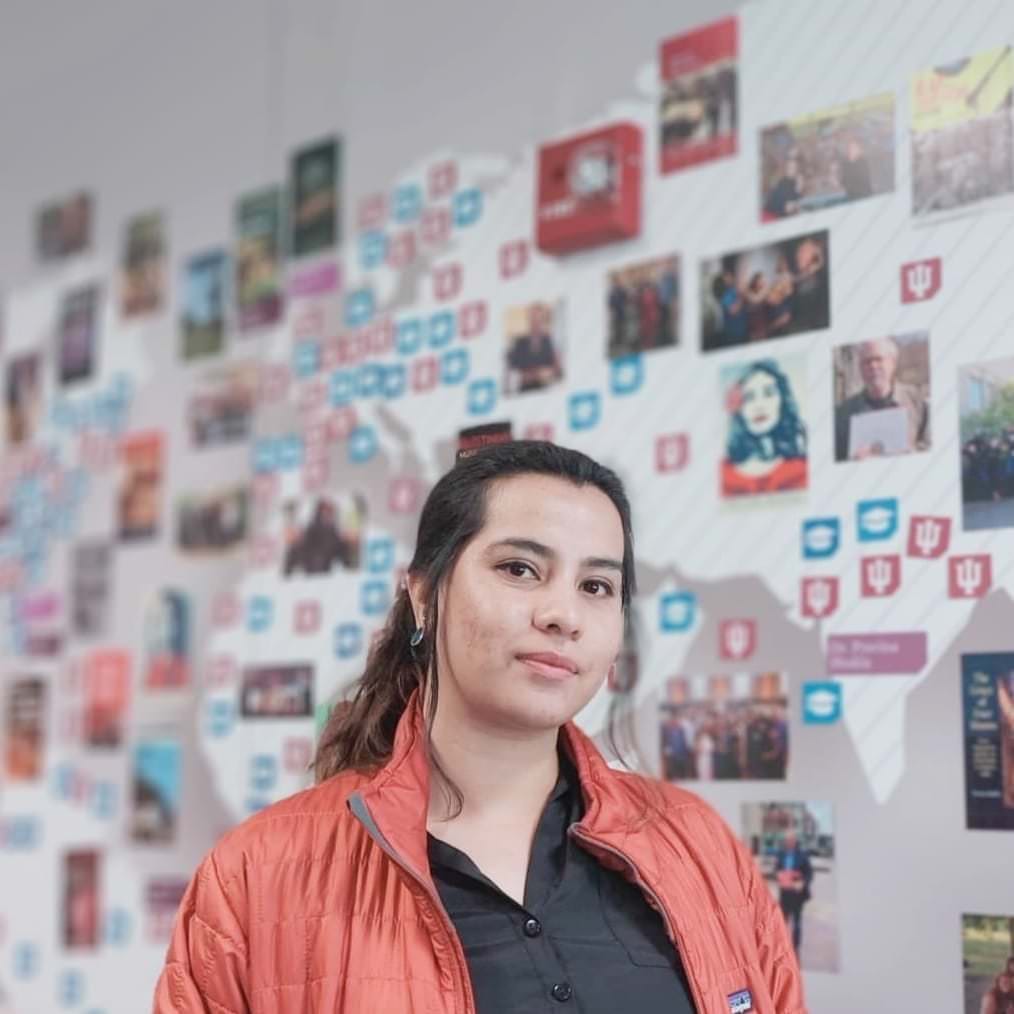
We sometimes make mistakes, and we are happy to correct any errors that you may come across on our site. If you find an error, please let us know using the “submit a correction” link.